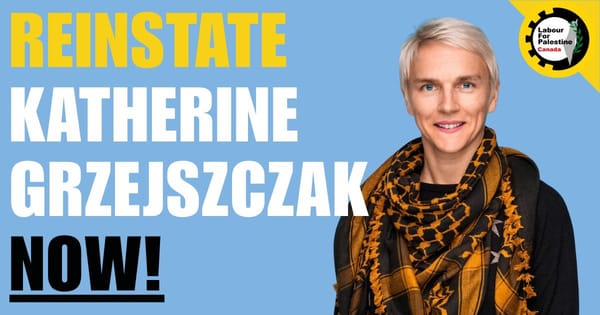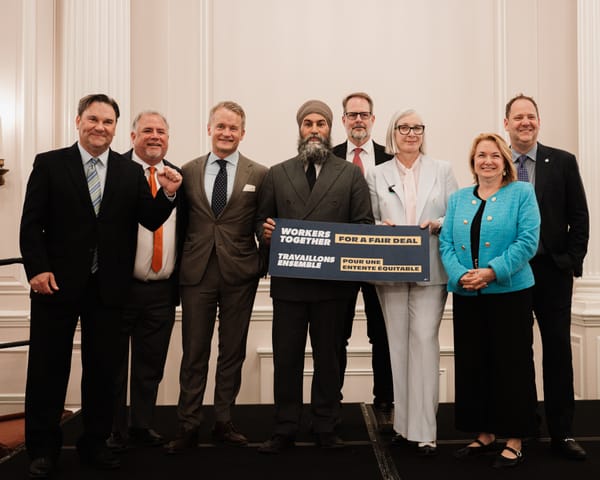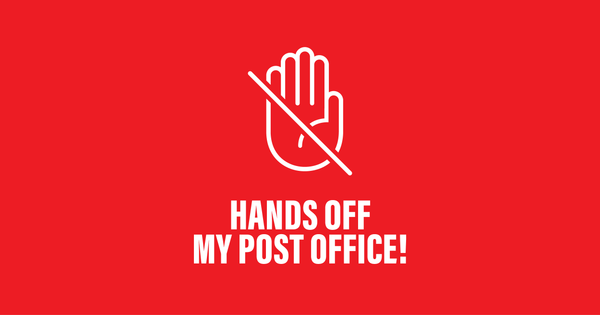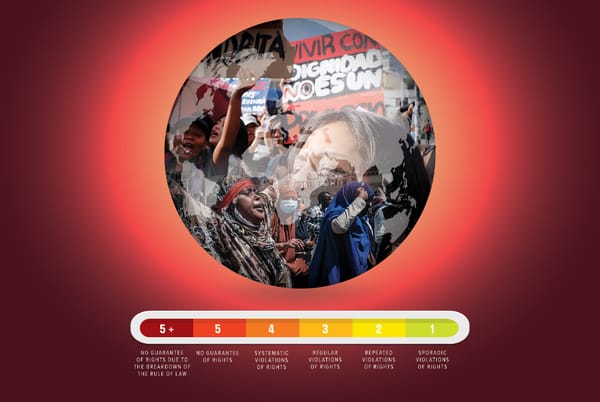Workers at Kerry’s Place Autism Services (KPAS) in Toronto could soon be on strike if management refuses to offer a contract that meaningfully improves pay and working conditions.
On October 21, more than 100 frontline workers — members of Service Employees International Union-Healthcare (SEIU Local 1) — voted unanimously in favour of strike action after failing to reach an agreement with the employer.
According to staff at SEIU, the union has met with management for at least 10 bargaining sessions since late May, but so far the employer hasn’t addressed workers’ demands for improved pay, reasonable working hours and paid sick and mental health days for part-time staff.
This week, the union will have its first bargaining date with a provincial conciliator. If conciliation proves unsuccessful, workers will be in a legal strike position. With a strong strike vote in hand, the bargaining committee enters conciliation with the demonstrated resolve of union members.
Kerry’s Place is a non-profit agency providing residential and home-based support services at 15 sites across Toronto. The workforce at KPAS — split almost evenly between full- and part-time staff — is composed largely of women and racialized workers who face a range of precarious working conditions. Workers and their union are trying to make gains in this contract, including a wage increase reflective of the rising cost of living, paid mental health days, paid sick days for part-time staff who currently have none, increased paramedical coverage, the addition of the National Day for Truth and Reconciliation as a paid holiday, and an end to excessive working hours.
According to a member of the bargaining committee with whom I spoke, wages at KPAS are below those at comparable organizations. In their previous collective agreement, workers at Kerry’s Place were subject to the wage suppression of Bill 124, which caps public sector wage and benefit increases at 1 per cent annually. Despite no longer being covered by this legislation, the employer continues to offer only a 1 per cent pay bump. Workers are understandably frustrated. “Due to the wage cap, we have only been given pennies as pay increments; 1 per cent amounts to pennies,” the union member told me.
According to the union, working time is also a major issue for workers at KPAS. Because of the “residential care worker” exemption, these union members’ hours of work aren’t covered by the Ontario Employment Standards Act. Workers are therefore not entitled to overtime protection, daily rest periods, daily and weekly hours limits, and minimum time off between shifts.
Before the pandemic, staff worked 7.5 hour shifts. During the pandemic, the employer introduced 12 and 13-hour shifts in response to provincial emergency orders. However, with emergency orders no longer in place, management continues to schedule some staff for these much longer shifts.
According to SEIU, the union has filed a grievance over this and is seeking to resolve the issue at the bargaining table under the straightforward principle that “no one should be scheduled for longer shifts without their consent.” As they put it to me: “Yes, we are fighting for an 8 hour day. What year or what century is this?”
Adding to the regulatory precariousness of residential care work, employers in the sector aren’t required to pay into or provide Workplace Safety and Insurance Board (WSIB) coverage. Workers who experience a workplace injury are therefore unable to make claims for benefits. Although union members at KPAS have some private coverage, it’s inferior to that offered through the provincial public program. SEIU Healthcare has been advocating for WSIB coverage to be extended to workers in residential care facilities.
The employer hasn’t offered any paid mental health days or sick leave for part-time staff.
Workers and their union have been mobilizing to keep members informed throughout the bargaining process and to put additional community pressure on the employer. In late July, the bargaining committee issued a letter, signed by workers, to the board of directors at Kerry’s Place and the Family Advisory Committee, which is made up of family members of clients who receive support. The letter detailed how “the difficult and stressful conditions of the pandemic” affected union members’ work and called for “respect and dignity.” Workers encouraged the KPAS board of directors to meet the union’s key proposals and “respect…the work we do for all persons supported.”
This letter showed that union members were engaged and supported the bargaining committee’s demands, and offered an opportunity to reach the family members of those who receive support through KPAS.
As SEIU Healthcare has argued, workers in this sector deserve much better from employers and the provincial government. As the union put it, “While management can improve working conditions and quality of life now, the government also has a duty to increase funding for Autism Services across Ontario, which would improve the quality of life for workers and families with children, adolescents, and adults with ASD.” A bargaining committee member added further that “the government needs to put more funding into this sector to pay the frontline workers who are the backbones of these organizations.”
As with other gendered care work, governments and employers often hide behind the commitment and loyalty of workers to justify substandard pay and conditions. In the non-profit sector in particular, fragmentation and small bargaining units can limit the ability of workers and unions to mount opposition as governments squeeze funding for these vital community and social services.
But workers at KPAS have clearly had enough and are fighting back.
As a member of the bargaining committee relayed to me, “the provincial government called us essential workers and then turned around and said, while [the cost of] everything increases around us, ‘the same essential workers only deserve a 1 per cent wage increase.’”
“They need to show that they truly feel that the work we do is essential and offer better compensation to reflect the job that we are doing.”







